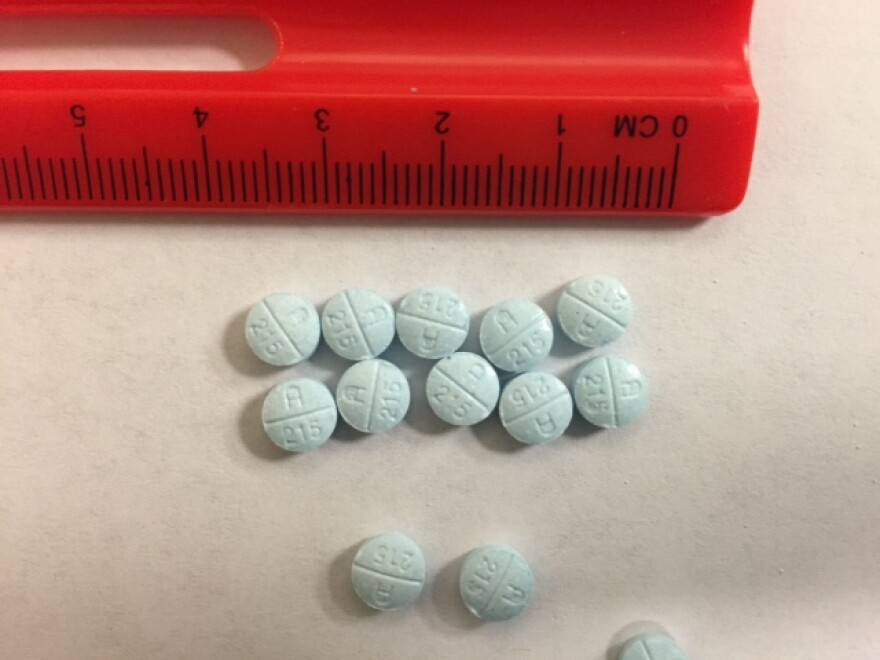NASHVILLE, Tenn. (AP) — Federal data shows the number of senior citizens in Tennessee who are hospitalized due to painkillers has more than tripled over the last decade.
The Tennessean reports the U.S. Agency for Healthcare Research and Quality data showed that in 2005, 467 seniors out of every 100,000 spent time in the hospital due to opioids. In 2015, the rate had increased to 1,505.
The newspaper reports various reasons for hospitalizations, including auto accidents and falls after taking opioids, interactions with other medications and unintentional overdoses.
The spike has left some advocates who work with seniors age 65 and up puzzled.
"We know that as America grows older there's going to be more hip replacements or more falls, but I don't think that counts for a nearly fourfold increase in opioid hospitalizations for this group," said Grace Sutherland Smith, executive director for the Council on Aging of Middle Tennessee.
"We have to ask whether doctors are taking into account how someone over 65 metabolizes medications differently than a young person," she said. "Whereas you and I might be able to work, an older person might become sleepy or numb or incoherent."
Experts say family members and doctors are more likely to overlook addiction in seniors. In addition, Dr. Peter Martin, a psychiatrist and director of the Vanderbilt Addiction Center, says no one in the past worried about seniors becoming addicts.
Gerontologist Dr. Jim Powers tries to address the problem in the exam room, though he says some conversations can be awkward. Some patients have taken opioids for years for legitimate pain.
"It's a difficult conversation to have when you're a physician and seeing a new patient," Powers said. "Most physicians have to negotiate, and say, 'We'll continue this, but let's try other things. Let's get an X-ray.' About 90 percent of physicians will continue (opioid) prescriptions although they have misgivings."
Powers says some patients are willing to try other means to control pain, such as therapy. Other patients "need professional help. They need tapering," he said. "But the system is not ready to receive as many older patients with substance abuse disorder. As the population has grown older, we have not seen a corresponding increase in drug treatment programs."


